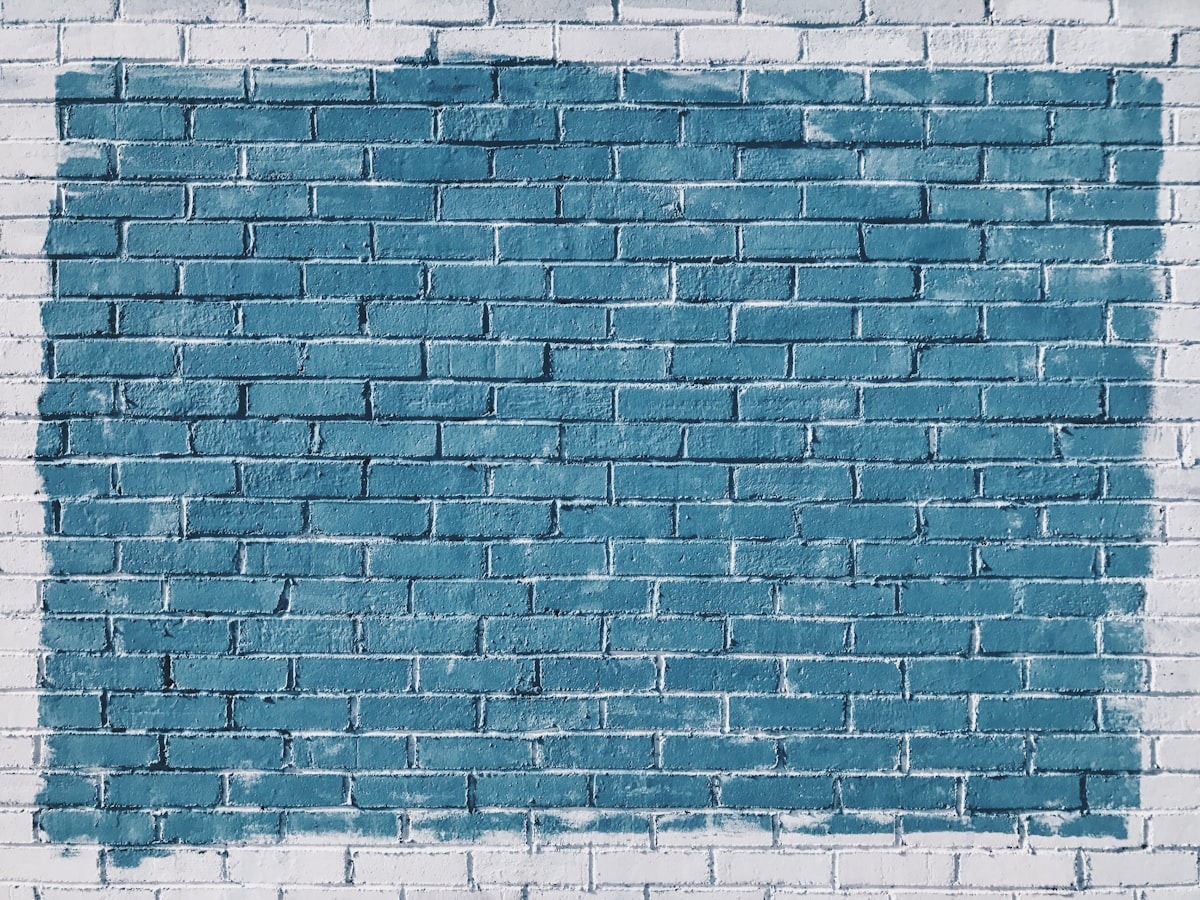OUR PROJECTS

COVID-19 and measures taken by SJJ
The COVID-19 pandemic and subsequent lockdown have had a significant impact on people’s lives worldwide. Non-urgent hospital consultations and admissions are being discouraged in health facilities due to the increasing number of COVID-19 cases. As a result, hospitals have shifted their priorities to focus on COVID-19 responses, leaving other health conditions at a lower priority. This situation has created a gap in health services for leprosy patients, with many places not diagnosing suspected leprosy cases in Bangalore.
Despite the reduction in outreach activities as directed by the government, our project in SJJ has continued to provide services to the public and leprosy patients. Our team has remained in constant contact with communities and other health facilities over the phone to ensure that necessary services are provided to those in need. However, people requiring these services have been left to manage on their own as major hospitals and government health facilities are primarily focused on treating COVID-19 patients.
In SJJ, we have taken local initiatives to support those in need. We have provided emergency food relief to over 280 families, including stranded migrants and rescued bonded laborers in Ramanagara and Mandya districts. We have also responded promptly to distress calls seeking food, treatment, travel assistance, and referral services during the lockdown from 119 individuals, including 24 women and 6 children affected by leprosy.
As the second wave of the COVID-19 pandemic continued, our staff and volunteers were educated on the risk factors and precautions to be taken during community visits, such as wearing face masks, gloves, and using hand sanitizer. We have mobilized approximately 117 volunteers, including individuals cured of leprosy from different migrant settlements, to assist in coordinating on-the-ground and remote efforts to support distressed families. These volunteers were assigned specific areas to identify locations for relief supply and to collect identification documents from families. They also distributed informative materials on protective and preventive measures against COVID-19,including the importance of vaccination.
Due to the panic and fear of infection, most volunteers worked from home to organize the distribution of materials to migrant families for their livelihood activities. A small number of volunteers were responsible for distributing food bags (uncooked dry rations). With financial support from Fontilles and the active participation of volunteers, we were able to provide sustainable alternative livelihood opportunities to 1,240 women from 75 self-help groups, as well as address the hunger needs of 2,410migrant families during the pandemic marked by an unprecedented surge in COVID-19 cases and deaths.
Despite numerous challenges, we assisted 78 members of Self-Help Groups in receiving livelihood skills training offered by another NGO. In Bangalore, guided by our SJJ team, families of 42children who lost parents to COVID-19 were connected to government relief and rehabilitation schemes. Additionally, the financial support provided by the Azim Premji Foundation through the Childline India Foundation enabled us to provide nutrition and education support to 123 children who lost one of their parents to the coronavirus in Ramanagara district.